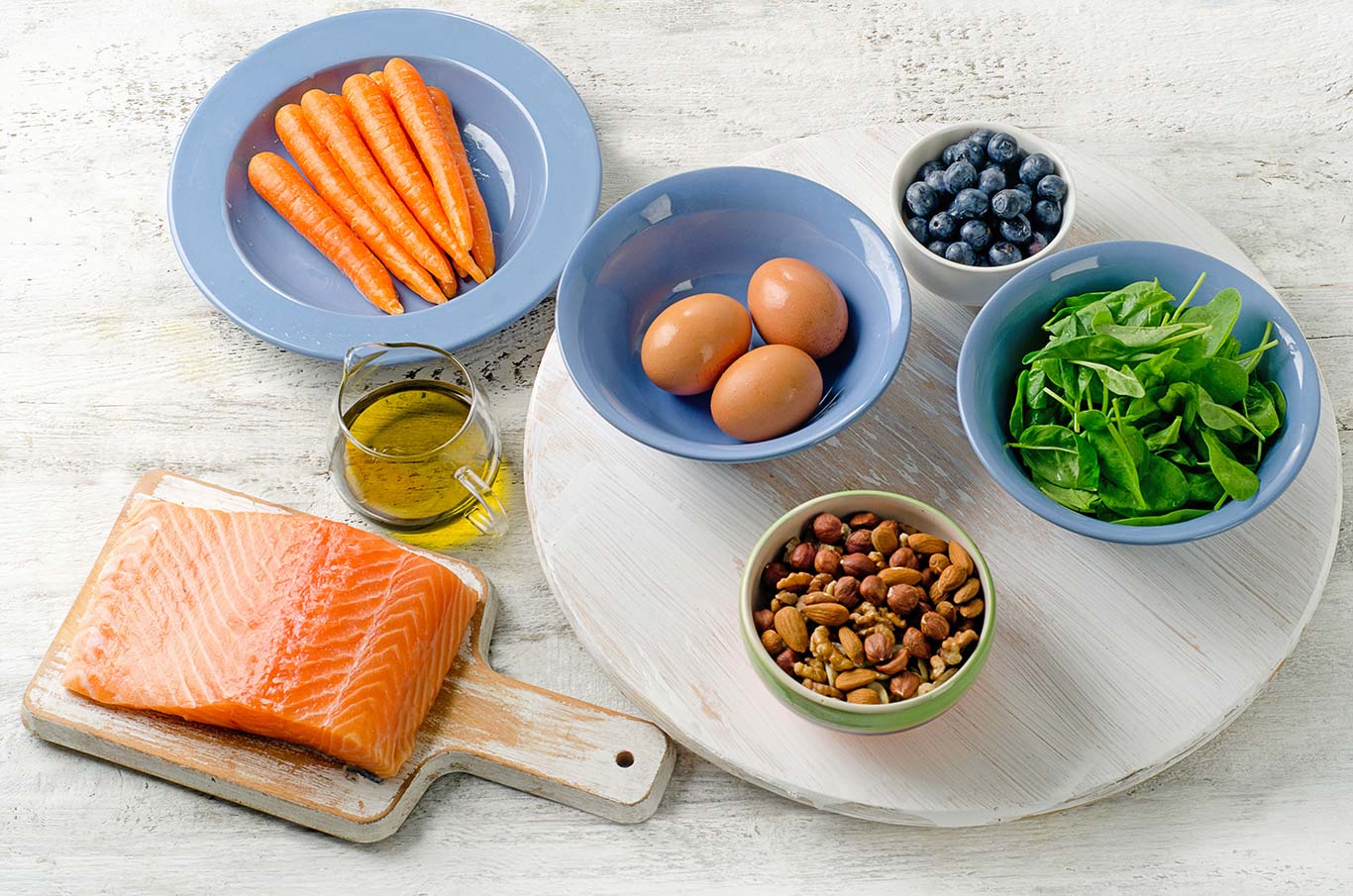 Source: bing.com
Source: bing.comWhen it comes to pregnancy, there are a lot of things to think about. One of the most important things to consider is the health and development of your growing baby. This includes their brain development, which actually starts in the womb. As a mom-to-be, you can take steps to support your baby’s brain development by eating the right foods.
Table of Contents
Important Nutrients for Baby’s Brain Development
There are several key nutrients that play a role in the development of a baby’s brain. These include:
- Protein: Protein is essential for building the brain and other tissues in the body. Good sources of protein include lean meats, fish, eggs, legumes, and dairy products.
- Folate: Folate is a B vitamin that is important for the development of the neural tube, which eventually becomes the baby’s brain and spinal cord. Good sources of folate include leafy greens, beans, and fortified grains.
- Iodine: Iodine is important for the development of the thyroid gland, which produces hormones that are essential for brain development. Good sources of iodine include iodized salt, seafood, and dairy products.
- Iron: Iron is important for the development of red blood cells, which carry oxygen to the brain. Good sources of iron include meat, poultry, fish, beans, and fortified grains.
- Omega-3 fatty acids: Omega-3 fatty acids are important for the development of the brain and nervous system. Good sources include fatty fish like salmon, walnuts, and flaxseed.
- Vitamin D: Vitamin D is important for the development of bones and the nervous system. Good sources include sunlight, fortified dairy products, and fatty fish.
While these nutrients are important, it’s also important to maintain a balanced diet that includes a variety of foods. Talk to your healthcare provider about any specific concerns you may have.
Foods to Avoid
In addition to eating the right foods, there are also certain foods to avoid during pregnancy. These include:
- Alcohol: Alcohol can cause developmental delays and other problems in babies.
- Caffeine: High levels of caffeine can cause miscarriage or low birth weight.
- Raw or undercooked meat: These meats can contain harmful bacteria that can cause problems for both mom and baby.
- Raw or undercooked eggs: These can also contain harmful bacteria.
- High-mercury fish: Certain types of fish, including shark, swordfish, and king mackerel, can contain high levels of mercury, which can harm a baby’s developing brain and nervous system.
It’s also important to wash your fruits and vegetables thoroughly to avoid any potential exposure to harmful bacteria.
Conclusion
Eating a healthy, balanced diet during pregnancy is important for the health and development of your growing baby. By including foods that are rich in protein, folate, iodine, iron, omega-3 fatty acids, and vitamin D, you can support your baby’s brain development. Just remember to avoid alcohol, caffeine, raw or undercooked meat and eggs, and high-mercury fish.
Frequently Asked Questions
1. Can I still eat sushi during pregnancy?
It’s best to avoid sushi during pregnancy, as it can contain raw or undercooked fish that may be contaminated with harmful bacteria or parasites.
2. What about herbal teas?
Some herbal teas are safe to drink during pregnancy, but others are not. Talk to your healthcare provider about which teas are safe for you to enjoy.
3. Should I take supplements?
Talk to your healthcare provider about whether or not you should take supplements. In some cases, supplements may be recommended to make sure you’re getting enough of certain nutrients.
4. Do I need to eat more during pregnancy?
Yes, you will likely need to eat more during pregnancy to support the growth and development of your baby. Talk to your healthcare provider about how much weight you should aim to gain and how many extra calories you should be consuming.
5. What if I have food aversions or cravings?
It’s common to have food aversions or cravings during pregnancy. Try to find healthy alternatives that contain the nutrients your body needs. If you’re struggling to eat a balanced diet, talk to your healthcare provider or a registered dietitian for guidance.
